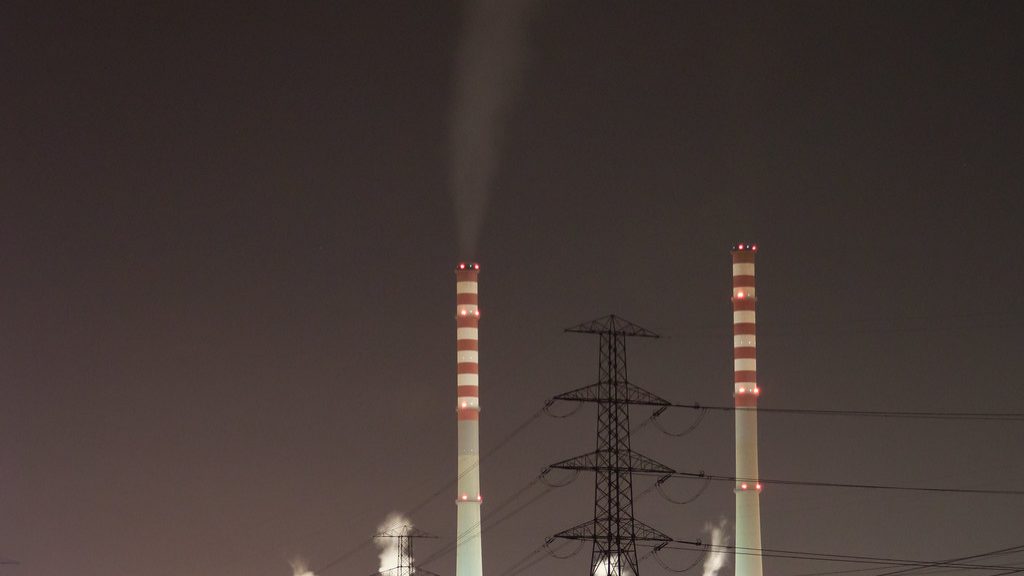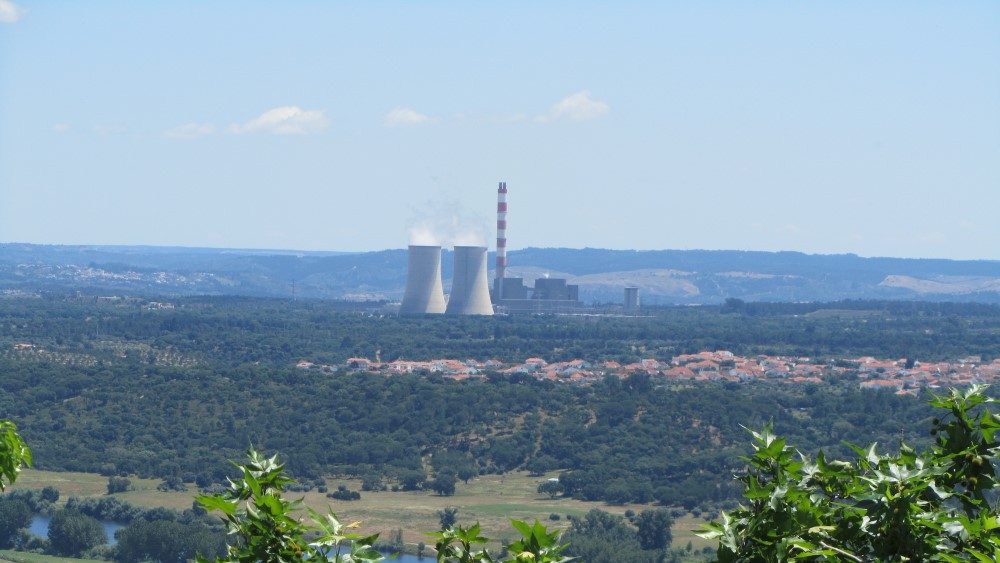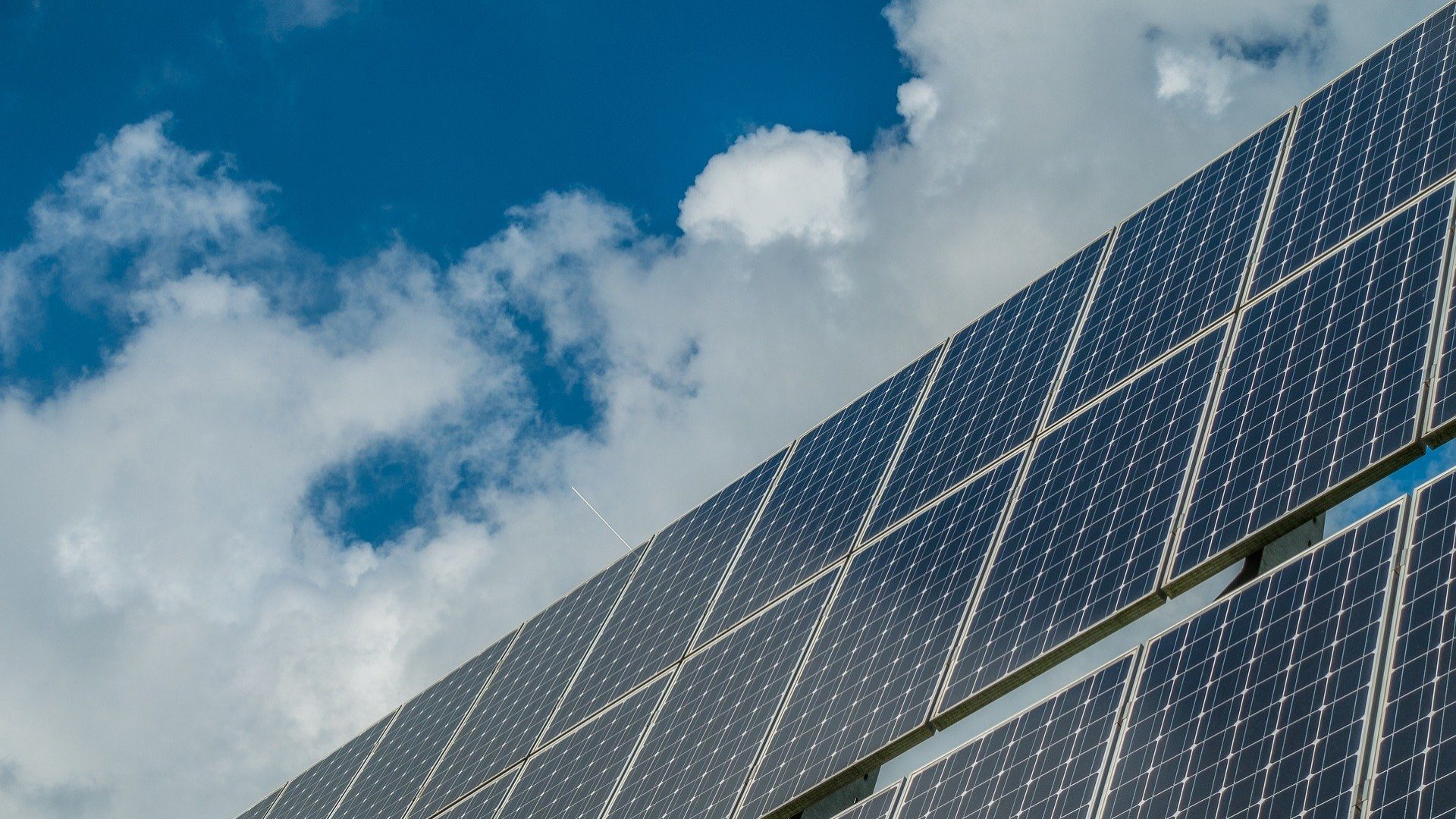Environmental association praises end of coal-fired power stations
According to association Zero, the closure of both coal-fired power plants in Portugal is one of the positive facts of 2021.
The definitive closure of both coal-fired power plants in Portugal is one of the positive facts that the association Zero highlights in this year’s balance, while on the negative side, it points out the environmental impact of the Recovery and Resilience Plan (RRP).
In all, Zero lists the six most positive and negative points that have marked the environment this year, as well as the prospects for 2022.
Among the most positive are the closure of the coal-fired power stations in Sines and Pego, the approval by parliament of the Basic Law on Climate and the entry into force of the right of citizens to take their own containers and packaging with them when they go to a takeaway restaurant or buy meat, fish, bread, delicatessen products, among others, since July of this year.
The creation of the Salgados Lagoon Nature Reserve, the regulation of the so-called mining law, which puts an end to the application of a “30-year-old obsolete legislation” and the approval of the extension of the period of product guarantees to three years, which comes into force on 1st January 2022, which encourages the promotion of their durability, are three other “more positive facts” of this year.
Amongst the most negative is the RRP “with investments with negative environmental and climate impact”, namely with “more investment in highways and the construction of an unnecessary dam (Pisão-Crato multi-purpose project)”, according to Zero.
“Also the promotion of a more diversified and resilient forest has been underfunded and measures of almost zero effectiveness, such as the reinforcement of the primary network for fuel management”, it adds.
It also points to “serious deficiencies in the Strategic Plan for the Common Agricultural Policy and the Government’s failure to implement central strategies and regulations in different areas”, including the National Strategy to Combat Energy Poverty and the National Noise Strategy.
The “inability shown by the Government to implement the Deposit System with Return for disposable packaging, which was approved in 2018 by the Parliament and should come into operation in January 2022, but of which it is still not even known how it will be structured”, the maintenance of the “perverse subsidy to the incineration of municipal waste through the Environmental Fund” are two other of the negative facts of 2021.
Added to this is “the policy of promoting the installation of solar mega-parks on a case by case assessment, with significant negative impacts on populations and natural values, denoting the lack of a national strategy capable of responding to the need for much more solar energy ensuring sustainability criteria” and the Government’s delay in transposing the Renewable Energy Directive.
Zero also lists six challenges for next year, in which it hopes that the Assembly of the Republic and the future Government “assume for Portugal the purpose of promoting an economy of well-being”, respecting the limits of the planet, and that whoever takes on the Environment and Climate Action portfolio “has the ability and courage to integrate the environment as a transversal issue in the remaining political areas”, leading the country to “a path of sustainability”.
Another of the challenges is the beginning of studies foreseen in the Framework Law on Climate to anticipate the goal of climate neutrality “to 2045 or even earlier” and that the Portuguese Environment Agency “registers big improvements in its performance”.
Zero expects the definition of ambitious goals for the reuse of beverage packaging by the agents, “who should be involved in their definition” and the implementation of an effective water resources management policy “that takes into account the issues of efficiency of use, water scarcity, climate adaptation and articulation with Spain”.


